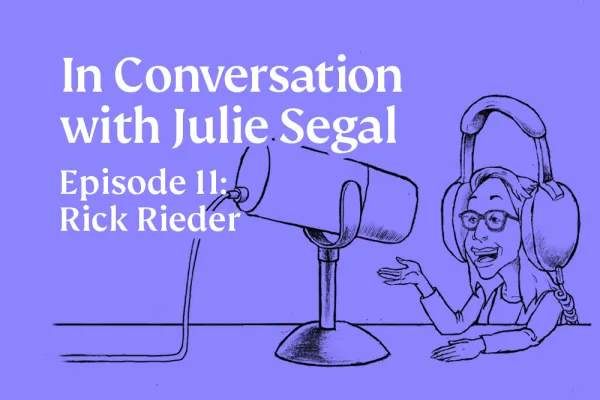Franklin Templeton and cryptocurrency exchange Binance have announced a partnership as the asset manager looks to offer its services via the exchange’s global trading infrastructure. The move comes amid what Franklin calls “a major migration of infrastructure in the financial markets” from an account-based ecosystem to one based on “wallets.”
Sandy Kaul, head of innovation at Franklin Templeton, told II that improvements to blockchain technology mean trading infrastructure now has the capability to exchange cash and securities instantaneously upon settlement, eliminating the need for the T+1 settlement period still in place for the equities market.
She said Binance, which acts more like a broker-dealer than a true exchange, is at the forefront of the wallet-based ecosystem.
“This is really going to be the future rails of the financial industry,” she said. “We wanted to forge this partnership early to understand the mindset of their consumer base.”
Binance has over 280 million wallets on its platform across the world, offering an entirely new distribution channel for Franklin Templeton as it looks to gain direct-to-consumer access to the retail market.
“These retail investors are in countries all over the world, and each country has its own access rules and compliance requirements. This is a way for us to learn how to operate as a global firm operating a global wallet system where clients may be coming every day from hundreds of countries at once to interact with us 24 hours a day, seven days a week.”
The trend towards tokenization is emerging across the asset management sector. BlackRock for example recently announced intentions to tokenize its entire real-world asset ETF suite and is looking into ways of doing so, following the earlier launch of a tokenized money-market fund.
Tokenization supporters expect it to bring faster settlement and fractional ownership to investors, while offering a potential means of building a liquid secondary market for traditionally locked up assets like growth-stage private equity or cross-border small-cap stocks. In August, II reported that while hurdles to wide-scale adoption of tokenization remain, including unanswered questions over ownership rights, exchange registration, custody standards, and taxation that have kept many potential players from entering the fray.
Still, tokenization is moving rapidly across the industry, with institutional partnerships with crypto companies coming fast. On Tuesday, Ripple announced that it will integrate its RLUSD stablecoin into Securitize, the tokenization platform, allowing holders of products from BlackRock and VanEck to exchange shares for RLUSD.
If tokenization becomes as widely incorporated as Kaul and others suggest, then there will be a learning curve as managers scramble to adapt. Franklin Templeton’s move to partner with Binance could put it ahead in that race, helping it build digital asset initiatives and solutions that are tailored specifically to this new range of investors.
Franklin Templeton already has digitized a traditional registered money market fund, Franklin OnChain U.S. Government Money Fund, with close to $800 million in assets, using its Benji Technology Platform. The firm has confirmed intentions to launch more products using blockchain, across all parts of the business, including funds and alternatives, depending on user demand.
According to Kaul, Binance has a digitally native investor base made up of individuals who are looking to expand beyond crypto in their portfolios. These investors want “more thematic portfolios built around technologies that are impacting their everyday lives,” she said, adding that they are looking to diversify that capital into more traditional asset classes that can sit alongside their crypto holdings within the same wallet ecosystem.
Franklin Templeton will still handle purchases of products made in this way through clearing, transfer agents, and broker dealers, but the transactions will be managed on the blockchain and take advantage of the speed of that technology. This process should theoretically be as safe, if not safer, than traditional methods, Kaul said.







